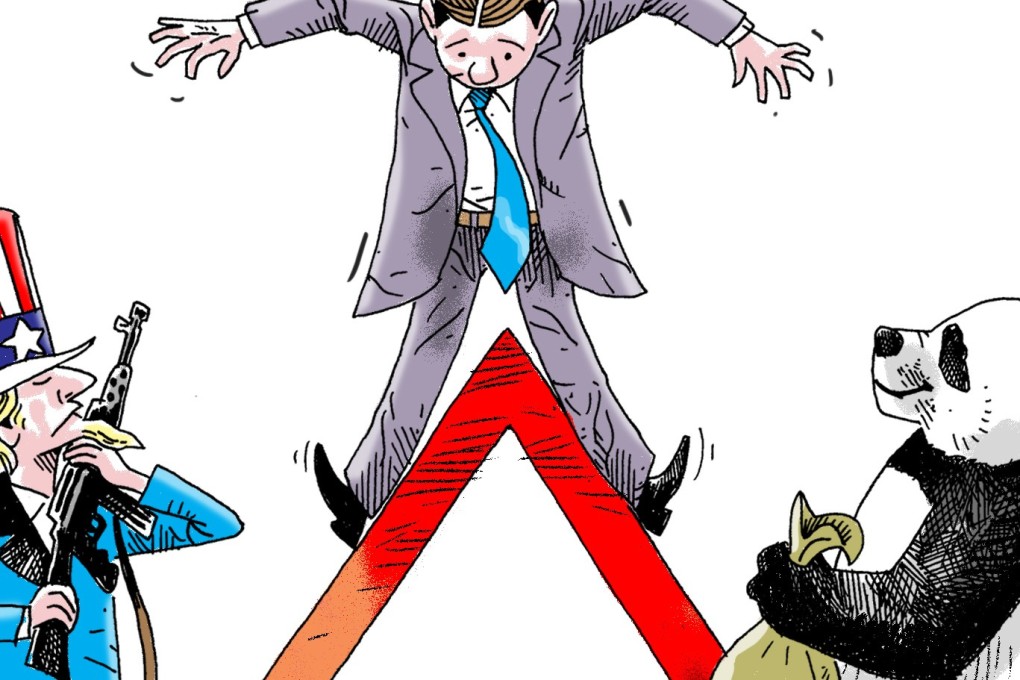Advertisement
China’s cash and American troops are inspiring fine balancing act from US allies in East Asia
David Zweig says China’s economic clout and America’s security commitments are factors as Australia, South Korea and the Philippines try to keep both world powers on their side
Reading Time:5 minutes
Why you can trust SCMP


Advertisement
How they balance those ties will greatly affect the shape of the region in the coming years.
The American corner exudes military strength, as the US “hegemon” remains the key ally of many countries in the region. Some alliances, established in the 1950s, survived the collapse of the Soviet Union. So, while the US remains an important economic partner for the region, its primary function is to protect its allies from external threats. Even Vietnam, Myanmar and Indonesia, who are not America’s security allies, see US ties as a hedge against China.
The last corner, China, is now the major trading partner of most countries in the region; the “Belt and Road Initiative” will only intensify its regional economic leverage. Moreover, China now uses its economic clout as leverage over states in the region, hoping to get their foreign policy decisions to coincide with Chinese interests.
Three countries highlight the ongoing dynamic. Australia, South Korea and the Philippines are all formal American allies, and US troops enhance their national security. All three also depend on Chinese trade and investment for their economic well-being. Yet the trio respond somewhat differently to these external pressures.
Advertisement


Advertisement